In this lecture and lab on pain management in veterinary rehabilitation patients, we will start with the fundamentals of pain physiology, exploring the mechanisms behind acute and chronic pain, including the development of central sensitization. This process, in which the nervous system becomes more sensitive to stimuli over time, plays a crucial role in chronic pain and is essential to understanding how rehabilitation can effectively address chronic pain. We will focus on clinical recognition of chronic pain and how to conduct thorough, efficient pain assessments to identify underlying nociceptive processes. The course will then cover the development of evidence-based pain management plans, emphasizing strategies that target the nociceptive pathways and incorporating the concept of neuroplasticity—how the nervous system can adapt in response to intervention. This knowledge will guide the selection of appropriate oral medications and supplements, and nutraceuticals, as well as the use of infusions for more intensive pain management. In addition to pharmacological approaches, we will explore a range of non-pharmacologic interventions. We will review analgesic modalities like heat and cold application, therapeutic exercise, acupuncture/pressure, PEMF (pulsed electromagnetic field therapy), extracorporeal shockwave therapy, massage and manual therapy, and laser therapy. By the end of the session, students will be equipped to create comprehensive, multimodal pain management plans tailored to each patient’s individual needs, ensuring effective and compassionate care for those in pain.
Outline
Lecture Overview: 1 hour 15 min
Topics to be covered:- Fundamentals of pain physiology, including: Mechanisms of acute vs. chronic pain, The role of central sensitization in chronic pain syndromes, Understanding neuroplasticity and its relevance to rehabilitation, the role of myofascial pain in chronic pain syndromes.
- A key focus will be on the clinical recognition of chronic pain, including how to conduct efficient assessments to identify signs of pain and uncover underlying nociceptive processes.
- Developing a Multimodal Pain Management Plan: building evidence-based pain management strategies tailored to each patient.
- Pharmacologic/Supplement Options: oral medications, supplements, nutraceuticals, and infusions
- Non-Pharmacologic Interventions: Therapeutic exercise, Manual therapies, including massage and myofascial techniques, heat and cold therapy, laser therapy, PEMF, ESWT, Acupuncture and acupressure
Hands-On Lab: 6 hours and 30 min workshop wetlabs with live dogs (break as needed)
- Practice pain assessment techniques
- Evaluate live patients for signs of chronic pain
- Develop and apply multimodal pain management plans
- Gain hands-on experience with a variety of therapeutic modalities
- Round table and case discussion of pain management choices


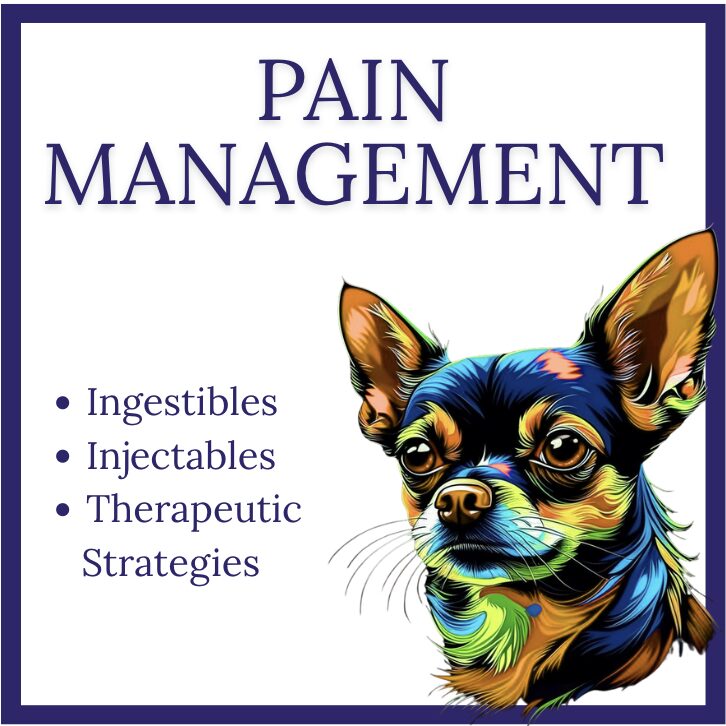
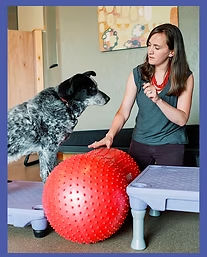
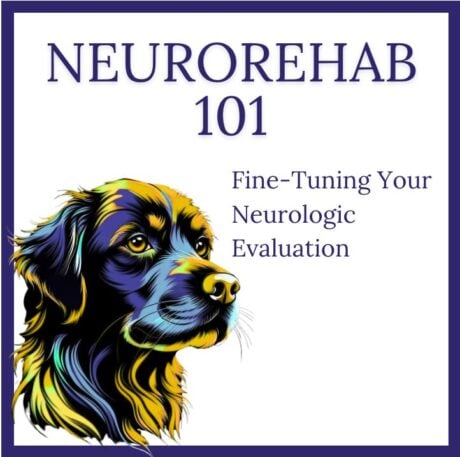
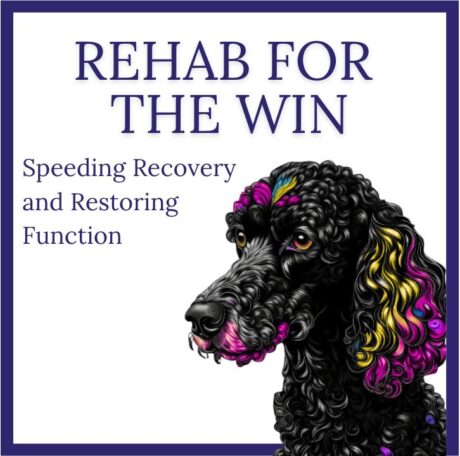
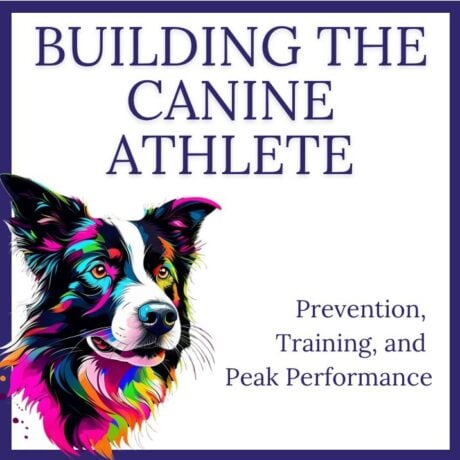
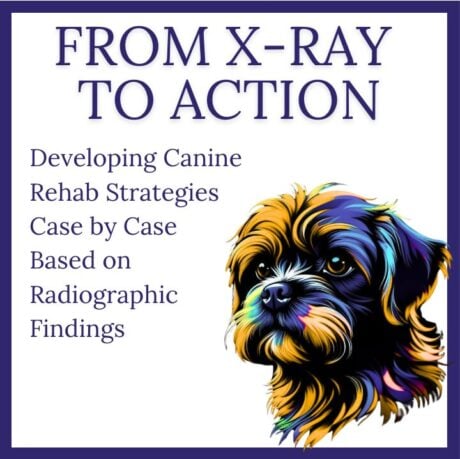
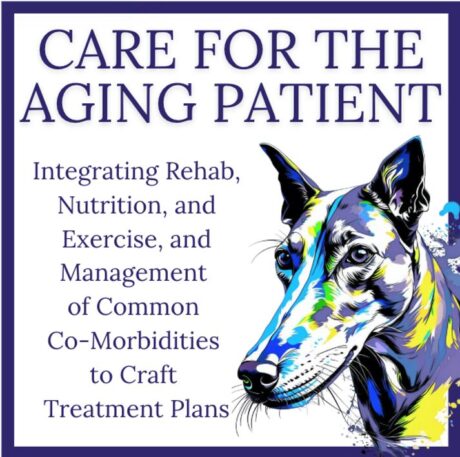
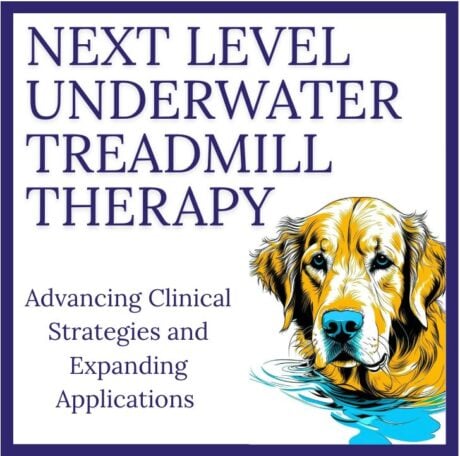
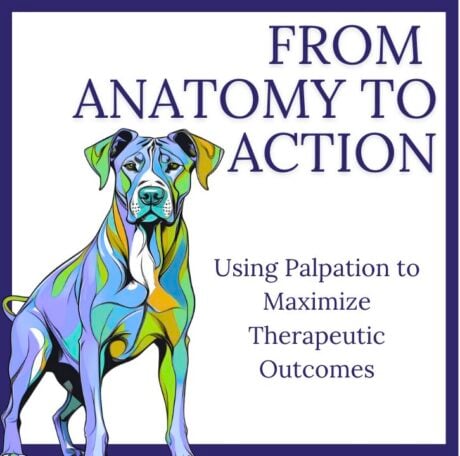
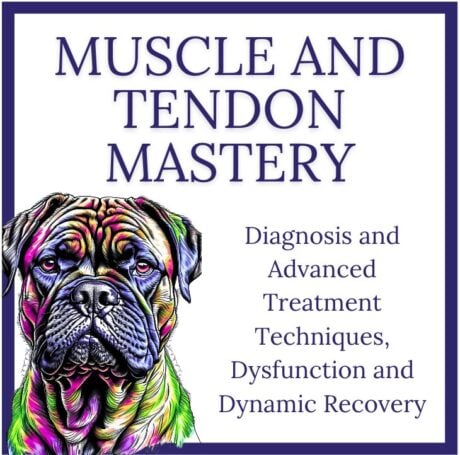
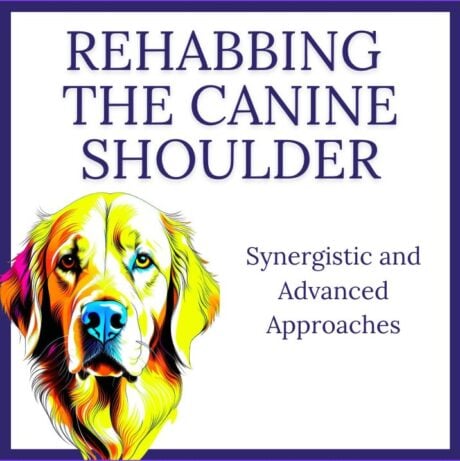
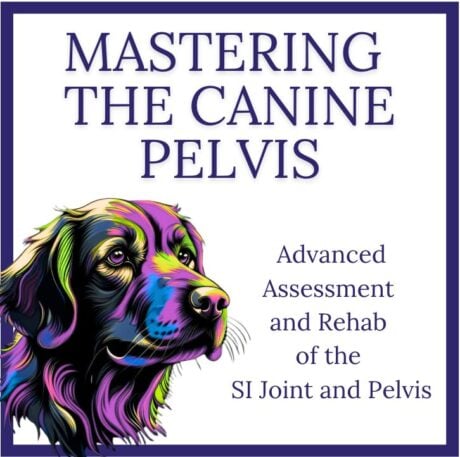
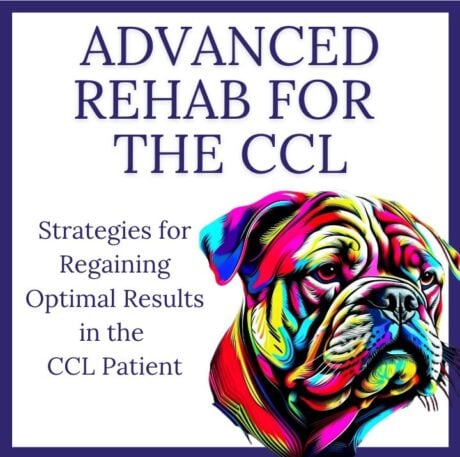
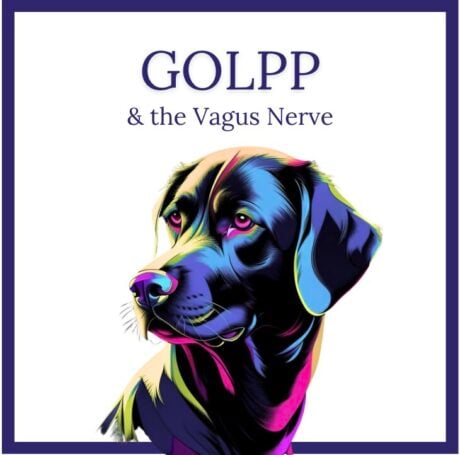
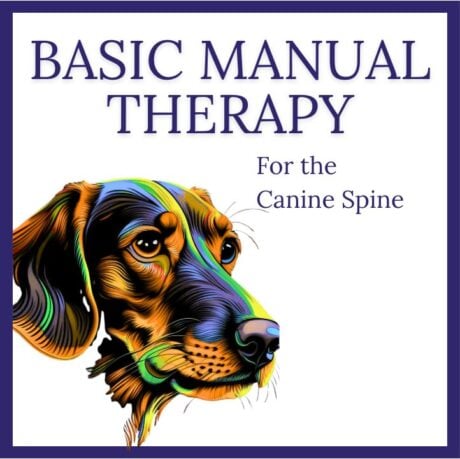
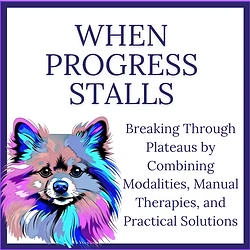
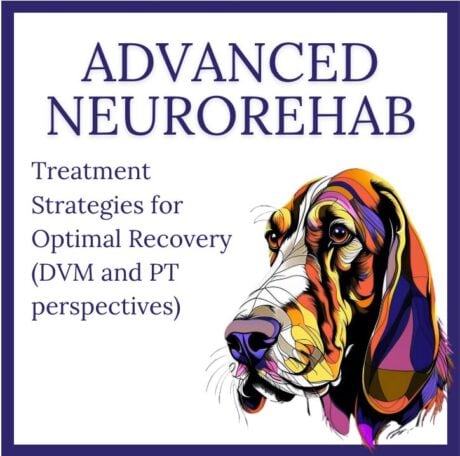
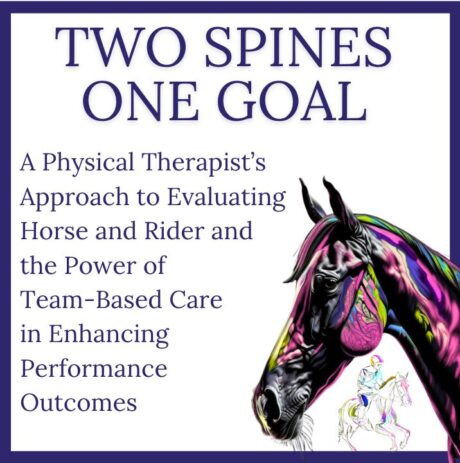
Reviews
There are no reviews yet.